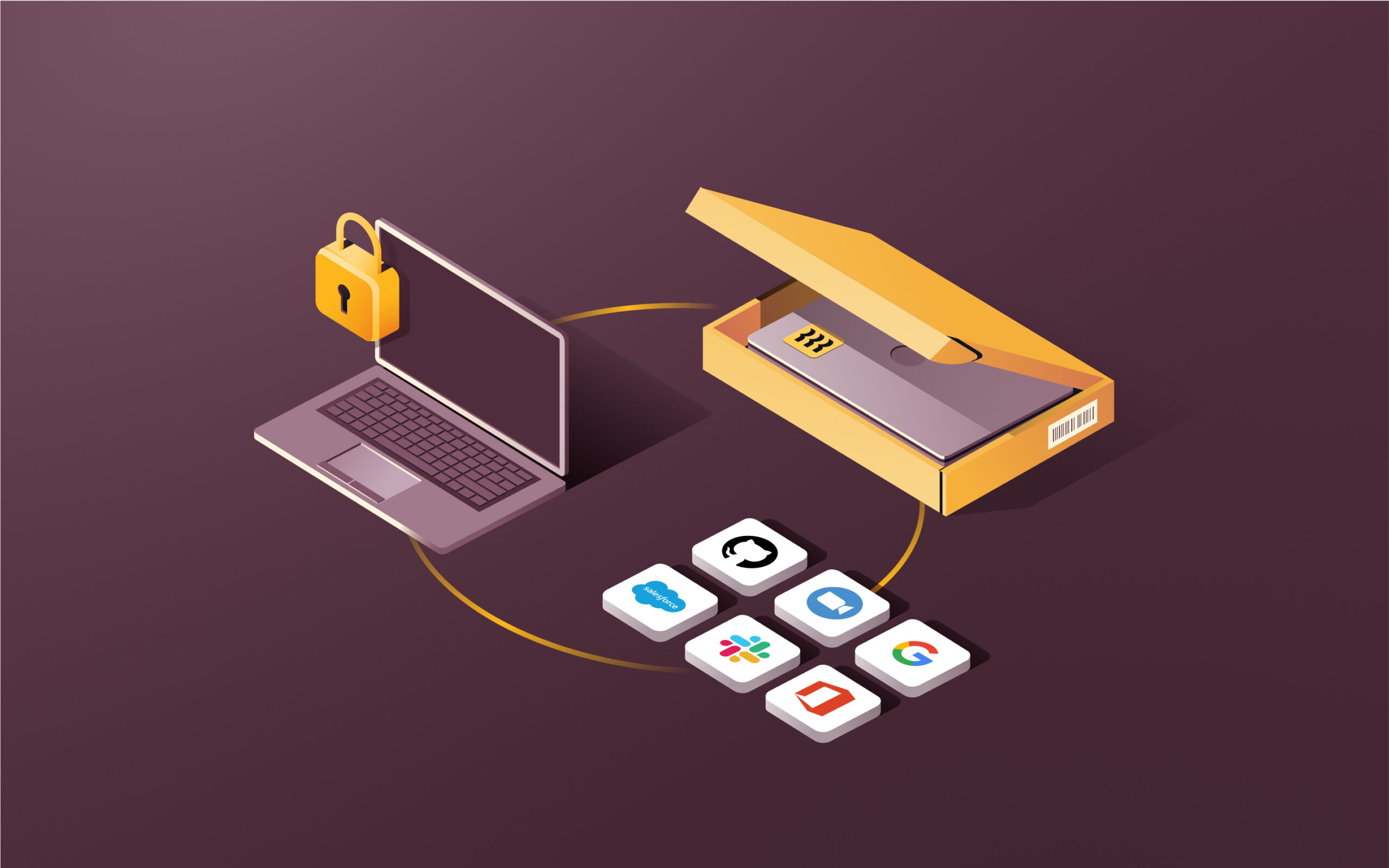The threat lurking in your BYOD policy with best practices
Bring Your Own Device (BYOD) policies are the unsung heroes of modern workplaces. They promise flexibility, and employee satisfaction. In the United Kingdom, BYOD policies are becoming increasingly popular as businesses seek to boost productivity. But there's a hidden side. If not managed effectively, BYOD policies can open a Pandora's box of security risks and compliance headaches. It's a double-edged sword, and mishandling it could spell disaster for your company.
So, what's the secret to a flawless BYOD policy? It's all about control and enforcement. A solid BYOD strategy isn't just about letting employees use their own devices. It's about protecting your data, ensuring compliance, and maintaining a seamless user experience. This guide will show you the best practices to leverage the power of BYOD while keeping potential threats at bay.
The dire consequences of weak BYOD policies
A laid-back BYOD policy is a ticking time bomb. Without stringent controls, your company’s sensitive data is at risk. Imagine an employee losing their device with unencrypted data. That’s a nightmare waiting to happen. Weak policies also lead to non-compliance with data protection regulations, inviting hefty fines and legal trouble. In the UK, companies are adapting by enhancing security measures and offering robust support for personal devices, ensuring employees can work seamlessly from anywhere.
Security risks
Devices can be easily lost or stolen. When this happens, your data might be exposed. Malware and phishing attacks are also more likely on personal devices. Without proper safeguards, your network is vulnerable.
Compliance headaches
GDPR, HIPAA, and other regulations don’t take BYOD lightly. Non-compliance can result in fines that severely impact your business.
How to control and enforce your BYOD policy
Control is key. Your BYOD policy should leave no room for ambiguity. Employees need to know what’s allowed and what’s not. Clear communication ensures everyone is on the same page.
Clear guidelines
Set clear rules for device usage. Specify which devices are permitted and what security measures should be in place. Make it mandatory for devices to have up-to-date antivirus software and encryption. If you are a small business, check-out our content on how to protect your small business: Cybersecurity best practices.
Enforced compliance
Use Mobile Device Management (MDM) tools to enforce policies. These tools allow you to monitor, manage, and secure employees' devices remotely. If a device is lost or stolen, you can wipe it clean. In the United Kingdom, compliance with BYOD policies can be enforced through stringent data protection protocols, regular security audits, and comprehensive employee training on best practices
Best practices for securing BYOD devices
Securing BYOD devices isn’t optional; it’s essential. Neglecting this can put your entire network at risk. Here’s how to do it effectively.
Strong passwords and authentication
Require employees to use strong, unique passwords. Implement multi-factor authentication (MFA) to add an extra layer of security.
Regular updates and patches
Ensure that all devices are regularly updated. Outdated software is a security risk. Regular updates and patches fix vulnerabilities and protect against threats.
Data encryption
Encrypt sensitive data both in transit and at rest. This makes it much harder for attackers to access the data if they get their hands on a device. Since Brexit, the regulatory landscape in the UK has become more complex, making robust data encryption even more critical for compliance and security.
Learn more about employee data privacy, security, and compliance.
Training your employees
Your employees are the first line of defence. Training them on BYOD policy best practices is key to protect your business.
Security awareness
Conduct regular training sessions on security awareness. Teach employees about the risks of using personal devices and how to mitigate them.
Policy adherence
Make sure employees understand the importance of adhering to the BYOD policy. Regularly review and update the policy to address new threats and technologies.
Monitoring and auditing
Regular monitoring and auditing ensure that your BYOD policy is effective and up-to-date. This proactive approach helps identify and resolve potential issues swiftly.
Continuous monitoring
Use monitoring tools to keep an eye on device activity. This helps you spot potential security issues before they become problems.
Regular audits
Conduct regular audits to assess compliance with your BYOD policy. This helps identify gaps and areas for improvement.
The role of IT in BYOD policy
IT is at the cornerstone of security. Your IT team plays a pivotal role in managing and enforcing BYOD policies. Their involvement is crucial for success. In the UK, since Brexit, there's been a significant uptick in IT investments and resources to navigate new regulatory requirements and ensure robust security frameworks.
Configuration and support
IT should configure devices to comply with security standards. They should also provide ongoing support to employees, helping them adhere to the policy. Incident response Have a robust incident response plan in place. IT should be ready to act quickly if a device is compromised or lost.
Future-proofing your BYOD policy
The tech landscape is always evolving. Your BYOD policy should be adaptable to future changes.
Embrace new technologies
Stay informed about new technologies and trends. Update your policy to include these advancements and address potential risks.
Scalability
Ensure your BYOD policy can scale with your business. As you grow, your policy should still be effective and manageable.
Fortify your BYOD policy with Rippling’s powerful solutions
BYOD policies can be a game-changer for businesses, offering flexibility and boosting productivity. But they need to be managed with precision. Follow these best practices to protect your data, ensure compliance, and make the most of your BYOD strategy.
Ready to take your BYOD policy to the next level? Rippling’s powerful solutions can help you control, enforce, and secure your devices with ease. Don’t wait for a security breach to take action. Fortify your BYOD policy today and keep your company’s data safe. Contact us now to learn more and get started.
Easily hire, pay, and manage your workforce
This blog is based on information available to Rippling as of October 28, 2024.
Disclaimer: Rippling and its affiliates do not provide tax, accounting, or legal advice. This material has been prepared for informational purposes only, and is not intended to provide or be relied on for tax, accounting, or legal advice. You should consult your own tax, accounting, and legal advisors before engaging in any related activities or transactions.





